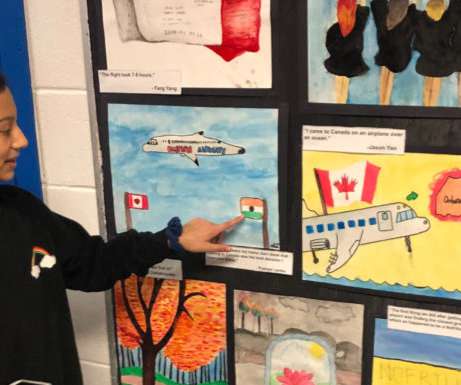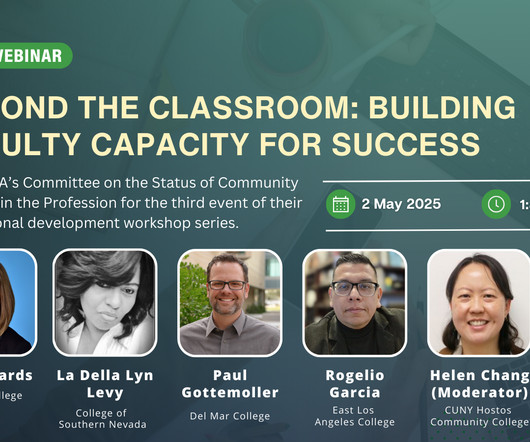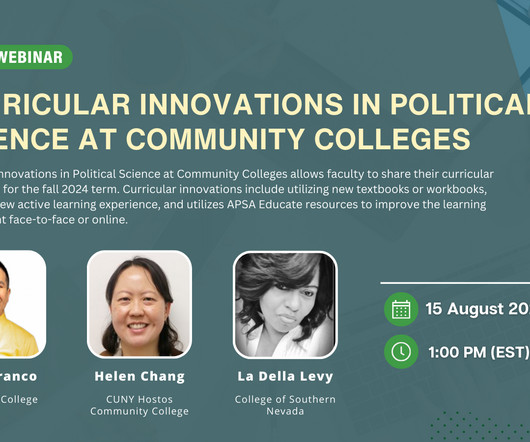5 Keys for Successful Remote Learning
A Principal's Reflections
AUGUST 2, 2020
However, the current pandemic and social justice movements across the globe have brought a more unified focus on the work that needs to be done. I have worked with many schools and districts, facilitating webinars for parents on the topic since the pandemic hit to ease concerns and illustrate validity in the approaches being embraced.












Let's personalize your content